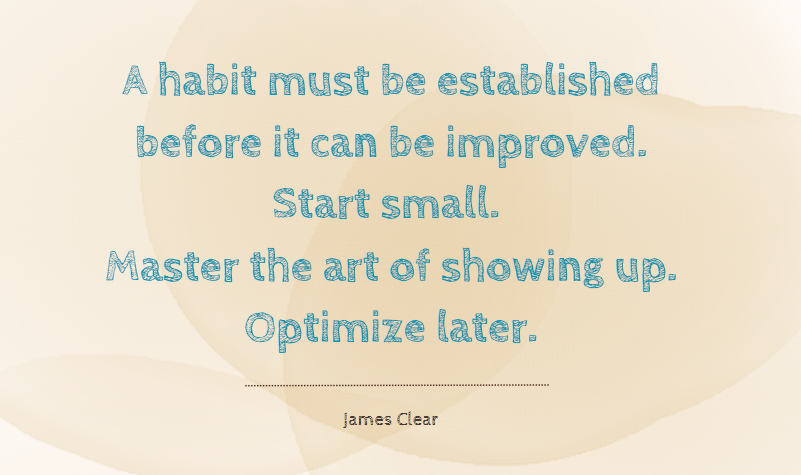Inspiring people to listen to: The Diary of a CEO
- Zuzana
- May 14, 2024
- 4 min read
This month I can finally introduce you to my favourite podcast host, Steven Bartlett. I've been looking forward to it since the beginning of the series. Steven is a half-Nigerian half-British guy with - to my ears - lovely British pronunciation and a grand capacity to interview people, hold space and ask relevant questions. Unlikely some other podcast hosts I've listened to, he doesn't tend to interrupt his guests.
As you may guess based on my previous recommendations on this blog, the scope of topics includes relationships, psychology and health, topics that concern us all. His podcast The Diary of the CEO is to be found on YouTube and Spotify as well.
I will introduce Steve's podcast in two full-length interviews.
(Actually, you might have already got to know him in my previous post where I shared his interview with Esther Perel.)
The first video with JAMES NESTOR is about the importance of nose breathing and how mouth breathing is directly linked to quite a few health issues.
And about the second one.... let me tell you more because it's about relationships, the topic I find most fascinating.
It's not common for Steven to interview two people at once. This time he did and it's a well-balanced interview with world-leading relationship researchers, John and Julie Gottman.
This married couple is responsible for publishing over 200 academic journal articles and 46 books.
Despite having listened to hundreds of videos on the topic, I learnt quite a few things. The conversation flowed nicely and I wasn't bored for a single minute, thinking: "You guys are stating the obvious". As usual, with most material I share here, I'd say it's worth listening to a few times, over time.
It is obvious that we, highly social beings, profit greatly from good relationships with our close ones. But did you know that it's also the relationships with strangers that have an effect?
Have you ever wondered why it is that in 80% of cases, it is women who bring up the problems in relationships? And why is it that women tend to be less happy in relationships and tend to get more depressed? Do our dreams need to be aligned for a romantic relationship to work?
Why do a regular 6-second kiss and a 20-second hug make a difference in longevity? Why are goodbye kisses powerful? (According to research, men who kiss their wives when they go to work tend to live up to 4 years longer.) Why are women bound to need a lot more safety in sex and relationships? Those were just a few questions that you will get some answers to.
69 % of problems in a couple are non-solvable. If we rely on problems being solved as an indicator of a good relationship, we're quite doomed.
However, as we are typically attracted to people who are different from us, we must learn to live with the differences. That reminded me of what Esther Perel says about relationships: They are not binary but full of contradictions and it is living with this paradox that we shall learn to manage.
In this talk, we can learn about conflict management, how to approach arguments, how to break from an argument and what to say so that our partner doesn't feel rejected. Also what is stone-walling and why it is a strategy far more often employed by men than by women. What it looks like when we "get flooded" during a conflict and what to do in such cases. And why it's a myth that we should never go to sleep angry with each other...
They also discuss the bids for connection, a concept you might have heard of from Esther Perel and Brené Brown in this conversation I've already shared in this post.
Responding to the bids for connection in about 86% of cases is responsible for success or failure more than any hard work we may do in the relationship. If you don't know what bids for connection, listen to Julie after the 15th minute.
Familiarity and connection do create long-term passion in the relationship.
Another interesting piece of information from their research may be that familiarity and connection do create long-term passion, contrary to popular belief. Also, 90% of non-cuddlers claim in the research that they don't have a great sex life, unlike the cuddlers who are more content.
"Women need a reason for sex. Men need a place."
What may also come as a surprise is that apologising straight away is sometimes counterproductive and should come later.
John and Julie also speak about repairing a relationship after an argument and explain their concept of "the four horsemen" - four behaviours that get us nowhere when it comes to resolving differences and conflicts. They tell us how to get out of a gridlock when we hold to our positions and cannot get out and find a compromise (around minute 50). Etc., etc.
Intrigued to hear the rest? I hope so! ☺ Here it is.
Let me know in the comments what you think of that and what your biggest take-away would be.





Comentários